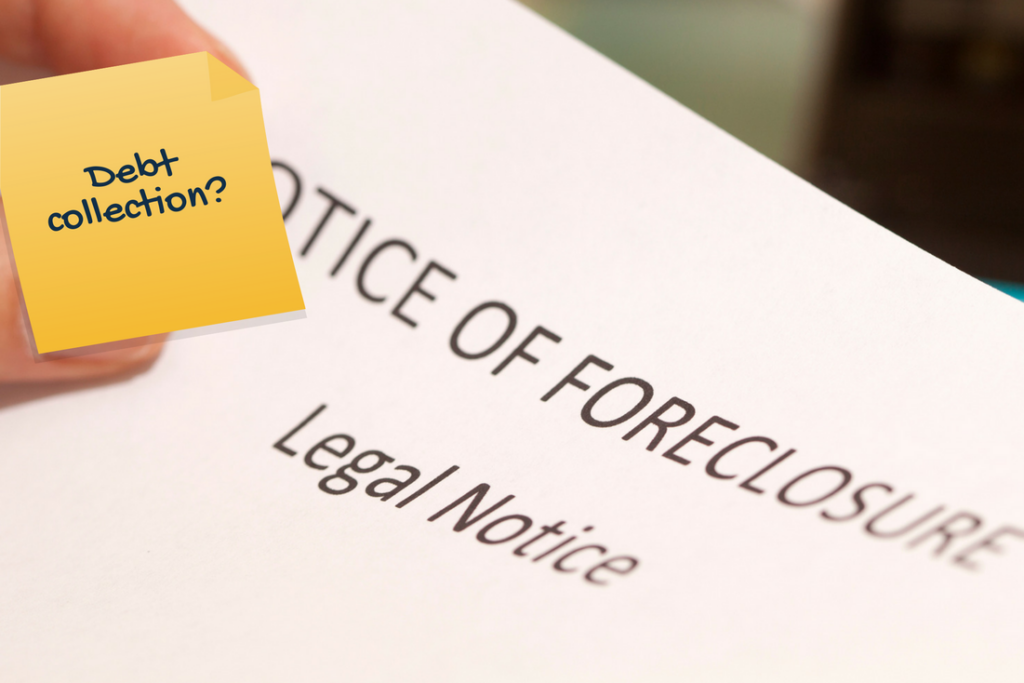
Tenth Circuit Joins the Fray Regarding Whether Foreclosures are Debt Collection Activity
The Tenth Circuit has weighed in on whether a non-judicial foreclosure is debt collection activity. In doing so, the Tenth Circuit has joined a split in the circuits on the issue. With the Tenth Circuit’s decision the circuits remain split with the Ninth Circuit and now the Tenth Circuit holding that non-judicial foreclosures are not debt collection activity and the Fourth, Fifth and Sixth Circuits holding that they are.
In Obduskey v. Wells Fargo, 2018 U.S. App. LEXIS 1275 (10th Cir., Jan. 19, 2018), Wells Fargo retained foreclosure counsel who sent the consumer an initial communication which stated that it “MAY BE CONSIDERED A DEBT COLLECTOR ATTEMPTING TO COLLECT A DEBT” and advised Mr. Obduskey that it had been retained to initiate foreclosure proceedings. The letter referenced the amount owed and identified the current creditor as Wells Fargo. In response, the consumer requested validation of the debt. Instead of responding, the law firm initiated a non-judicial foreclosure. Mr. Obduskey then filed suit alleging the law firm violated 15 U.S.C. §1692g.
The law firm moved to dismiss the action asserting that it was not a debt collector covered by the FDCPA because a foreclosure proceeding is not a debt collection activity. The district court agreed and dismissed the complaint. On appeal, the Tenth Circuit addressed the issue of whether the FDCPA applies to non-judicial foreclosure proceedings.
In doing so, the court first looked to the plain language of the statute and the nature of a non-judicial foreclosure. Adopting the rationale of the Ninth Circuit, the court took the position that the FDCPA only imposes liability when an entity is attempting to collect money. Because a non-judicial foreclosure does not preserve the right to collect a deficiency personally against the mortgagor and would require a separate action to do so, the Court was persuaded that it was not an attempt to collect money and was only the enforcement of a security interest.
The Court also found that policy considerations supported its decision. The Court took into account the provisions of Colorado’s non-judicial foreclosure statutes and noted that they conflicted with the FDCPA. Specifically, the state provisions required notice to any party that may have acquired an interest in the property. The state statute, therefore, conflicted with the third party prohibitions under the FDCPA. The state provisions also conflicted with the FDCPA by requiring direct notice to the consumer even when represented by counsel. Taking this into account, the court found there is no ‘clear and manifest’ intention on the part of Congress to supplant state non-judicial foreclosure law. Indeed, many of the conflicts noted above are designed to protect the consumer and preempting them under the FDCPA would seem to undermine their purpose as well as the purpose of the FDCPA.” Obduskey at *11-12 (internal citations omitted).
It is important to note that the Court’s decision is limited in several respects. First, it is limited to non-foreclosure proceedings. Secondly, the holding is limited to the facts of this case. The court suggested that its holding might have been different had there been evidence of “aggressive collection efforts leveraging the threat of foreclosure into payment of money.” Id. at *12. The court left that discussion for another day as there were no facts to suggest the law firm had demanded payment or used foreclosure as a threat to elicit payment.

